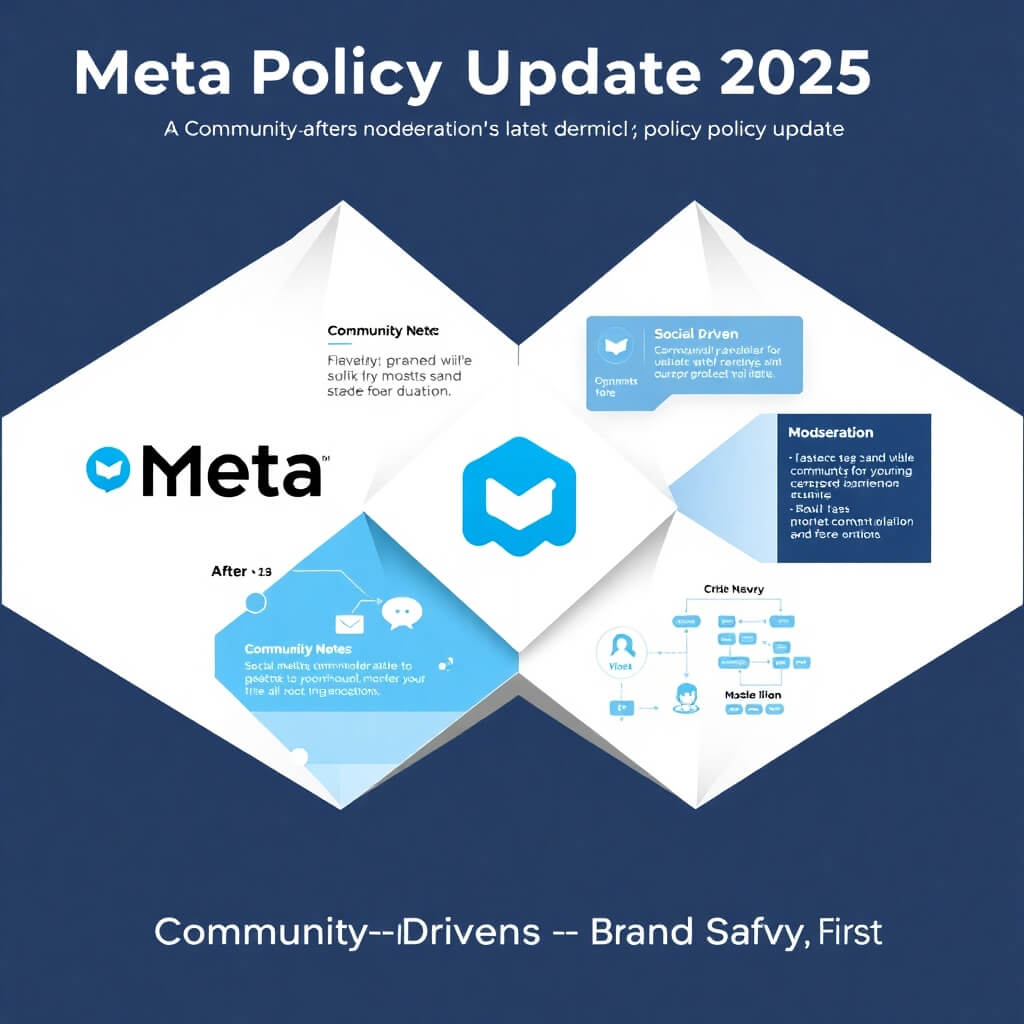Yesterday, Google announced their new web browser, Google Chrome, in a blog post. Chrome is an open source web browser designed to address many of the flaws with other browsers on the market today; notably, FireFox and Internet Explorer.
Google has outlined the reasoning behind their development of Chrome and presented many of its features in a short comic book. Primarily, Chrome has been designed from the ground up with a more streamlined, efficient, and security conscious architecture designed to meet the needs of modern internet users and to present modern Web 2.0 sites as efficiently as possible. As a result, Chrome has a minimalist design that presents only the features that Google thinks users want, is intuitive and easy to use, and loads many pages faster than other browsers do – especially pages that rely heavily on JavaScript, like many Web 2.0 applications.
The current release of Google Chrome is a beta, and still has bugs. It is currently only available for Windows XP and Vista. However, it is certainly making a big splash in the tech industry, and many bloggers and news sites are predicting a return to the “Browser Wars” of the 90’s (before Internet Explorer became dominant). Whether Chrome will gain significant market share in the near future is up for debate.
As marketers, an important issue is the impact Google Chrome will have on online advertising. For now, it appears that the answer is very little. While Chrome has made significant advances in user interface and the fundamental back-end design and structure of web browsers, the ultimate user experience is fairly similar to other browsers. Chrome is reported to render pages the same way that Safari does, so preliminarily, it does not appear that web sites will have to change site design to meet the specific needs of a new browser. From a user experience and interaction point of view, Chrome is likely to have a negligible impact.
One of Chrome’s features is increased security to help prevent malware and phishing attacks. Additionally, Chrome offers an “Incognito mode” that wipes cookies and search history when tabs opened in this mode are closed. These features may impact long-term cookie based tracking for actions resulting in later sessions from a user’s initial interaction with a banner or other advertisement. However, similar features have existed in FireFox and Internet Explorer for some time, and Action undercounts as a result of browser or other security settings is an acknowledged issue with tracking the results of online advertising. Significant impacts are not expected to result from Google’s new features, as the heightened security modes that may interfere with most tracking solutions are not enabled by default.
Although there has been speculation about Google using data collected by Chrome to adjust their search results and their ads, this does not appear to be true for the immediate future. Matt Cutts, head of Webspam at Google, posted a rundown of what information Chrome transmits back to Google on his blog.
Chrome contacts Google to search for updates to the software of the browser, and transmits some data back to Google to provide search results and suggestions to the user. However, Chrome does not transmit web history to Google, and does not present additional advertising.
Google Chrome is also an open source project, meaning that all the code for the browser is available to the public and any programmer interested in contributing to the project or simply curious about how the browser is put together. Any code that provides information to Google to help better target advertising would be public, and will likely quickly be discovered in the coming weeks as the online community scrutinizes the new browser.
Ultimately, Chrome is an interesting application that could have a significant impact long-term on the way people browse the internet and the way web browsers are built. However, in the immediate future, it is unlikely to have a significant impact on online marketing or web design.
If you want to try Chrome, you can download the beta at http://www.google.com/chrome/. To learn more about its features, you can read the Google Chrome comic book at http://www.google.com/googlebooks/chrome/index.html or view a short video tour at https://www.youtube.com/watch?v=Xlh8gSF_hhE.





